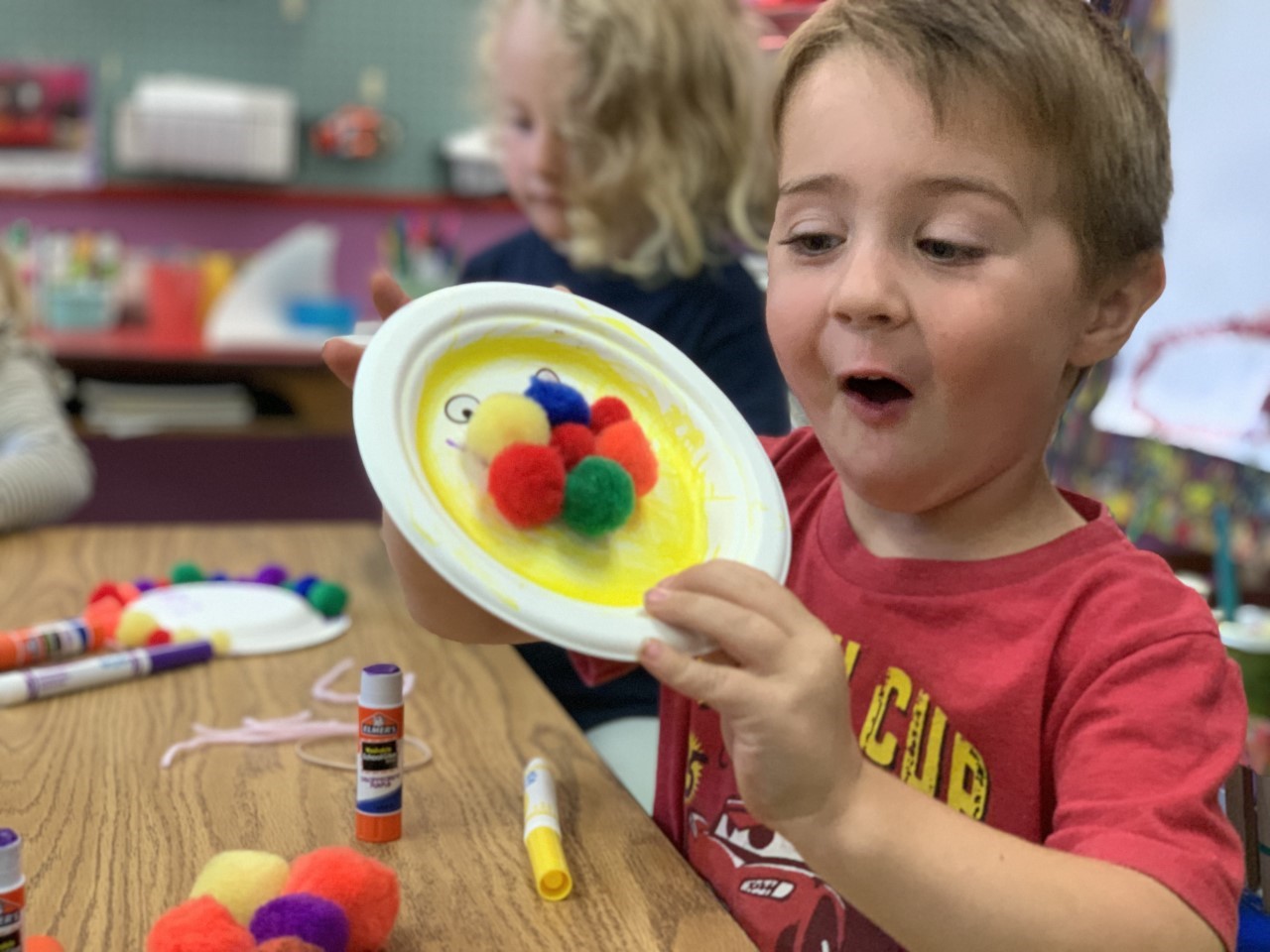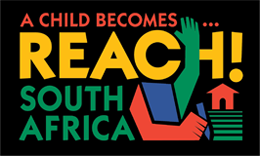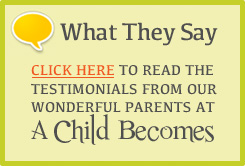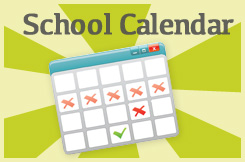
Mission
A Child Becomes Preschool strives to nurture each child’s individuality, innate curiosities and instill a desire for lifelong learning as we prepare preschoolers for kindergarten and the world beyond.
Philosophy
Each student comes into our school with different perspectives, interests, backgrounds, family and home lives, and life experiences. We work to understand this personal history so that we can craft an educational experience that is tailored, engaging and joyful. Our educators work to foster curiosity, experiment to solve problems, ask questions and create experiences, wonder and spontaneous moments that are relevant to each student. And, we make the learning fun!
Curriculum
EMOTIONAL INTELLIGENCE
Research shows that when children can successfully recognize and manage their emotions, they will become better problem solvers, they are better able to build strong relationships and are better prepared for learning. Emotional skills such as empathy, self-awareness and self-regulation are foundational for qualities like perseverance and resilience; characteristics that are essential in keeping students engaged in learning. Displaying these skills early in life can be a strong predictor of future academic success and overall well-being. Developing these skills is the crux of our curriculum in all three classrooms.
THEMATIC INSTRUCTION
Each classroom uses thematic units through which teachers construct an integrated approach to learning, leveraging the early childhood domains; social and emotional, cognitive/math, language, and fine/gross motor. Brain research shows that learning is a highly integrated process and that young children gain a deeper understanding when they make connections across multiple domains. Students achieve higher levels of learning and construct meaning through active and social engagement with their environment. Themes also enable teachers to integrate science, geography, math, music and dance, handwriting, foreign language and literacy.
For example, during our “Spider” theme a teacher may start the unit using the Socratic method and ask the children questions. The teacher gathers information by engaging the students and discovering what he/she already knows about spiders and then builds and explores from that point. In the process, we discover, new vocabulary words, that spiders have 8 legs, 2 body parts, and lay thousands of eggs. We work together to build an orb web in the classroom starting with anchor points and then build the radials. We become scientists as we head outside with our clipboards and magnifying glasses in search of northwest spiders in their natural environment. Students may draw or sketch their observations or create books back in the classrooms.
Our self-developed curriculum incorporates aspects of Handwriting without Tears© to help develop fine motor skills and handwriting, Second Step© for social and emotional growth and Literacy Beginnings© for language and literacy.
MUSIC IN THE CLASSROOM
Music is a big part of the learning process and promotes growth in multiple domains. Students develop language, spatial awareness, develop fine and gross motor skills as we move about the room and use instruments, learn patterns and rhyming. Music is a powerful component of the preschool experience. We sing and dance and use music to interact, learn and create joy in all of our classrooms.
Assessments and Portfolios
Teachers document daily learning experiences throughout the year to capture growth and development. Through observation and interaction, teachers record student quotes, interests, behaviors and skills. Photos help to illustrate play and activities as students are engaged in the classroom and learning. Each fall, and again in the spring, teachers assess the student’s progress in each learning domain. This record is compiled into a portfolio that represents achievements and milestones throughout the year including samples of writing, art and creations.




